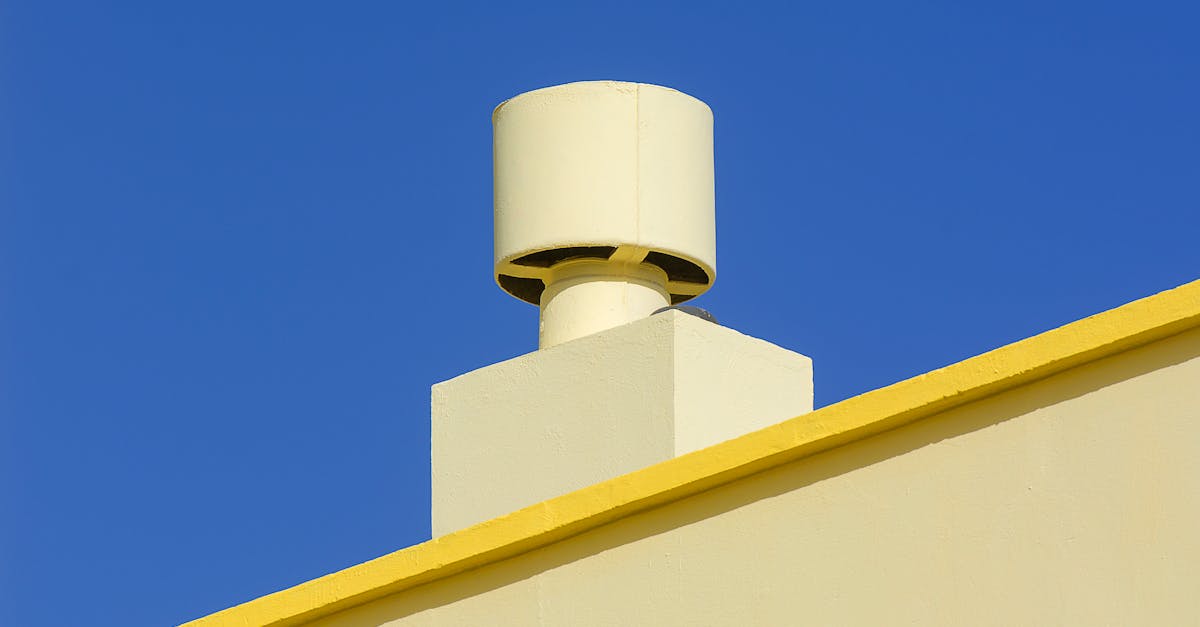
Steps for DIY Furnace Cleaning
Furnace cleaning is essential for maintaining efficiency and safety in your home. Start by turning off the power supply to the furnace to avoid any electrical hazards. Remove the access panel, which typically requires a screwdriver. Vacuum the interior components carefully, focusing on dust and debris buildup around the blower and filters. Pay special attention to the burners and heat exchanger, as dirt accumulation in these areas can affect performance.
Once you have vacuumed the furnace, inspect the air filter. A clogged filter can restrict airflow and lead to higher energy bills. If the filter appears dirty, replace it with a new one to ensure optimal operation. After cleaning and replacing any necessary components, reassemble the furnace and restore power. Regular DIY furnace cleaning can prolong the life of your unit and improve air quality in your home.
A StepbyStep Guide for Homeowners
Homeowners can effectively maintain their furnaces by following a step-by-step guide for furnace cleaning. The first step involves turning off the power to the unit to ensure safety while performing maintenance. Next, remove the access panel to inspect the interior. By clearing out any dust or debris, you can help the furnace operate more efficiently. Be sure to replace or clean filters regularly, as dirty filters can hinder airflow and waste energy.
After addressing the interior of the furnace, focus on the burner assembly and heat exchanger. Use a vacuum with a brush attachment to gently clean these components. Inspect the flue pipe for any blockages, as proper ventilation is crucial for safety and efficiency. Finally, reassemble the unit, restore power, and conduct a test run to ensure everything is functioning correctly. Regular furnace cleaning can lead to improved performance and longer equipment life.
Choosing a Professional Service
When choosing a professional service for furnace cleaning, it's essential to consider the company's experience and reputation. Look for businesses that have been in operation for several years and have positive customer reviews. Certifications from recognized industry organizations can also be a good indicator of expertise. Ensure that the technicians are trained and knowledgeable about various furnace models and types.
Another important factor is the range of services offered. A reliable company should provide comprehensive furnace cleaning that includes inspecting and cleaning all critical components. Ask about their cleaning methods and equipment as well. Transparency in pricing is also crucial; a trustworthy service will provide a detailed estimate upfront and will avoid hidden fees.
What to Look For in a Furnace Cleaning Company
When selecting a furnace cleaning company, it is essential to look for proper certifications and licenses. A reputable company will have technicians who have undergone training and are knowledgeable about various furnace systems. Certification from a recognized organization can indicate that the staff adheres to industry standards and practices. Additionally, inquire about their experience in the field, as a long-standing company is likely to have a proven track record.
Read customer reviews and testimonials to gauge the company's reputation. Feedback from past clients can provide insights into the quality of service you can expect. It is also important to ask about the methods and products they use for furnace cleaning. Eco-friendly practices may be a priority for many homeowners. Finally, ensure the company provides transparent pricing and detailed estimates to avoid any surprises.
Potential Risks of Neglecting Cleaning
Neglecting furnace cleaning can lead to a host of issues that affect both safety and efficiency. Over time, dust and debris accumulate within the system, increasing the risk of overheating. A furnace that cannot efficiently circulate air may struggle to maintain the desired temperature, causing it to work harder and consume more energy. This not only raises utility bills but can also shorten the lifespan of the appliance.
Moreover, unclean furnaces can become a breeding ground for harmful pollutants. When filters are clogged, carbon monoxide and other gases may not be adequately vented, posing serious health risks to occupants. Regular furnace cleaning helps ensure that all parts of the system are functioning properly, reducing the chances of these dangerous situations developing. By prioritizing cleaning, homeowners can avoid costly repairs and safeguard their indoor air quality.
Understanding the Consequences
Neglecting regular furnace cleaning can lead to a buildup of dust, dirt, and debris within the system. This accumulation decreases the furnace's efficiency, causing it to work harder to heat your home. Over time, this can result in higher energy bills as the system struggles to maintain the desired temperature. Additionally, a dirty furnace can produce uneven heating throughout your home, leaving some areas uncomfortably cold while others may overheat.
Moreover, a lack of proper cleaning can increase the risk of mechanical failures. A clogged system can lead to overheating, which may cause parts to wear out more quickly or even malfunction. In serious cases, this can pose safety hazards, including carbon monoxide leaks or fire risks. Regular furnace cleaning is essential to ensure both efficient operation and the safety of your home and loved ones.
FAQS
How often should I have my furnace cleaned?
It is generally recommended to have your furnace cleaned at least once a year, ideally before the heating season begins.
Can I clean my furnace myself?
Yes, homeowners can perform some basic cleaning tasks themselves. However, for a thorough cleaning and maintenance check, it is advisable to hire a professional.
What are the signs that my furnace needs cleaning?
Signs that your furnace may need cleaning include unusual noises, increased energy bills, frequent cycling on and off, and a dusty or dirty environment around the furnace.
How does neglecting furnace cleaning affect my system?
Neglecting furnace cleaning can lead to reduced efficiency, higher energy costs, increased risk of breakdowns, and even safety hazards such as carbon monoxide leaks.
Are there any specific risks associated with not cleaning my furnace regularly?
Yes, potential risks include decreased air quality, fire hazards, and potential damage to the furnace that could require costly repairs or replacement.
